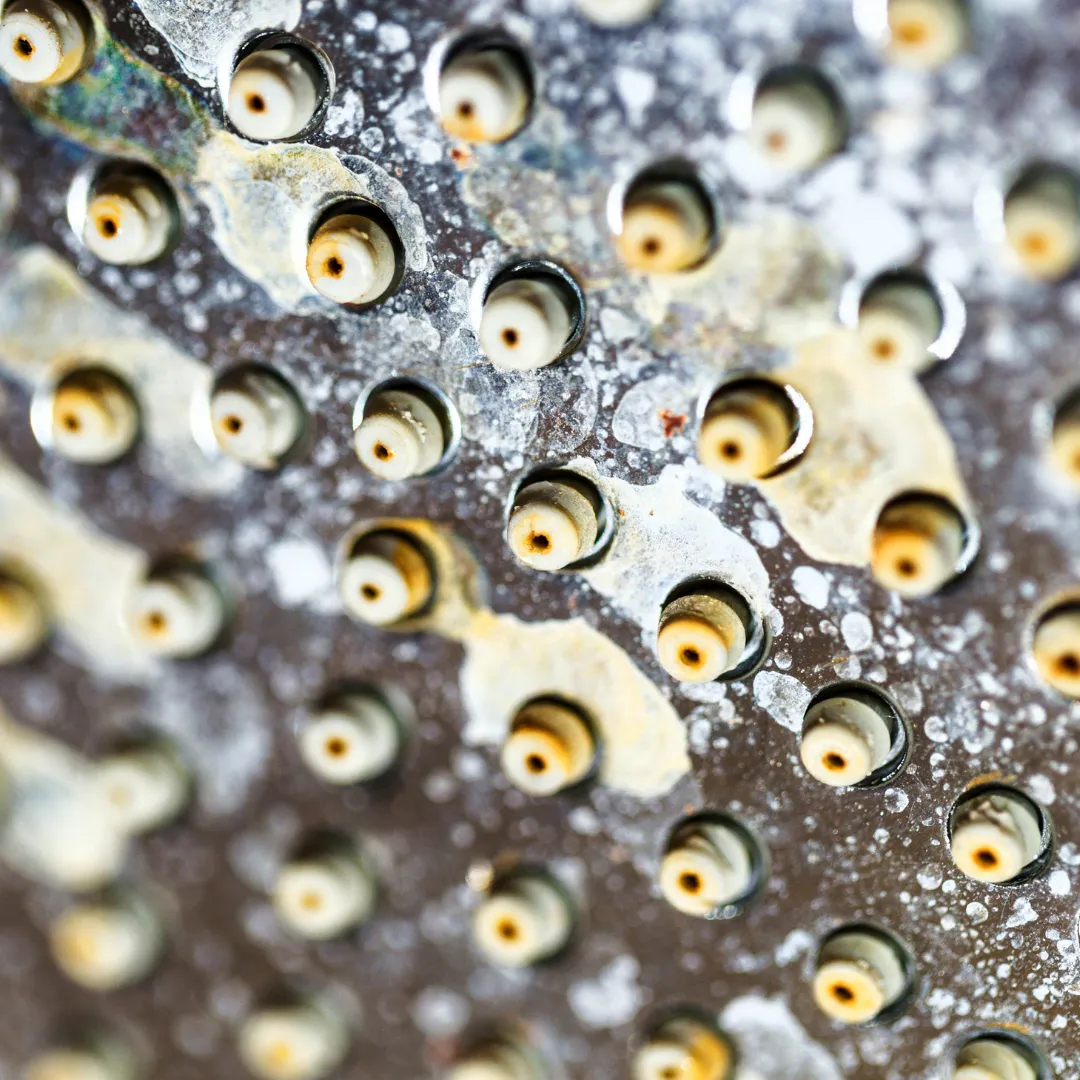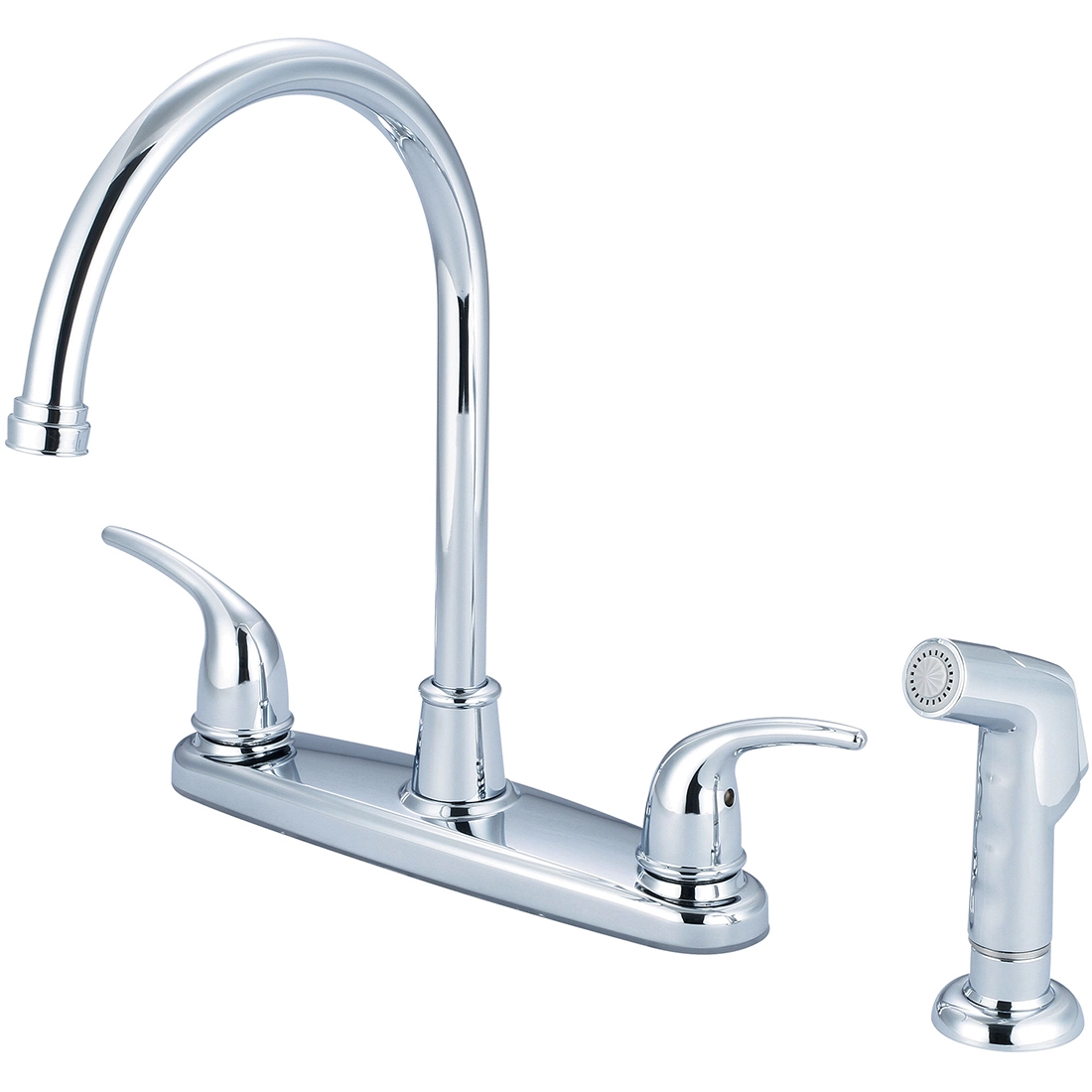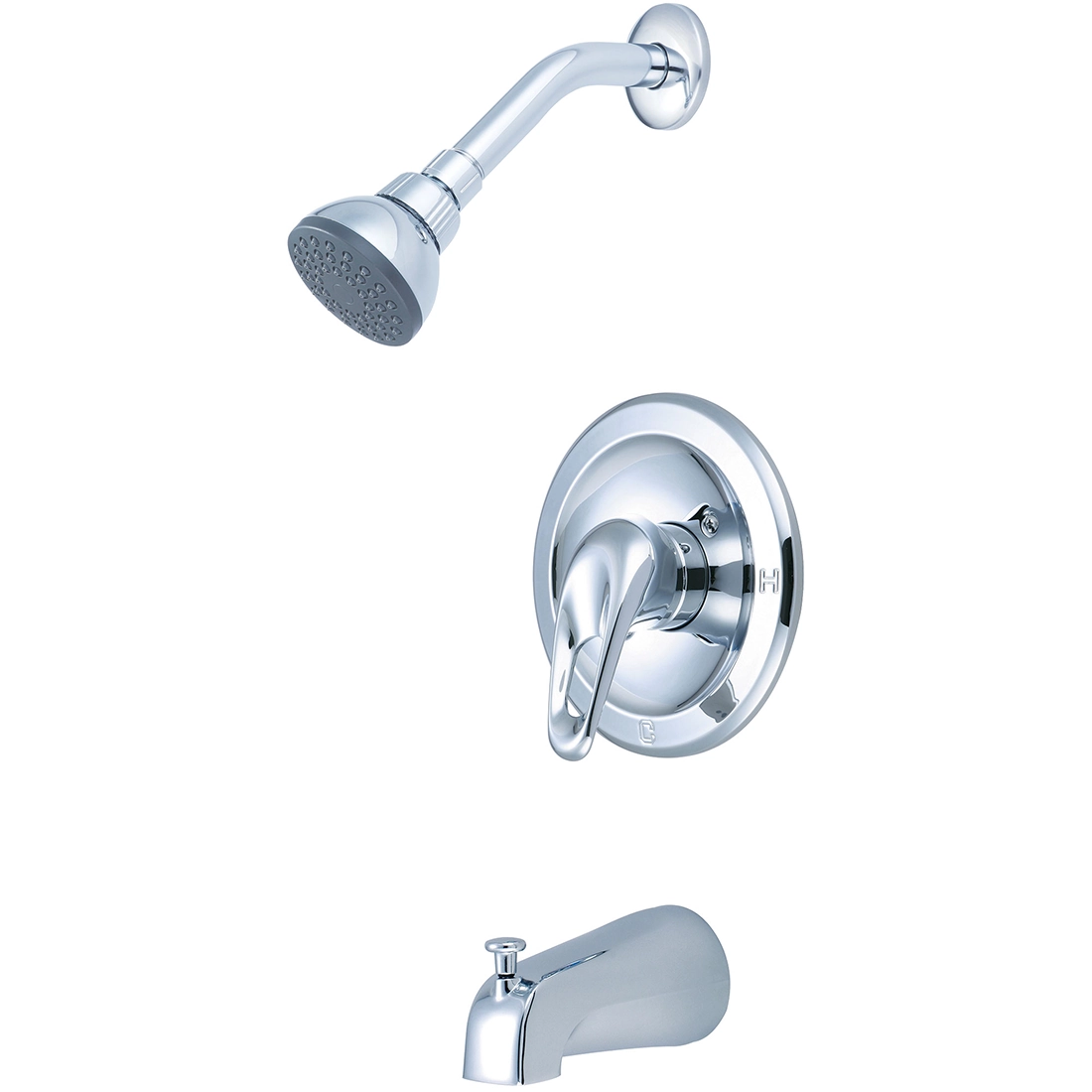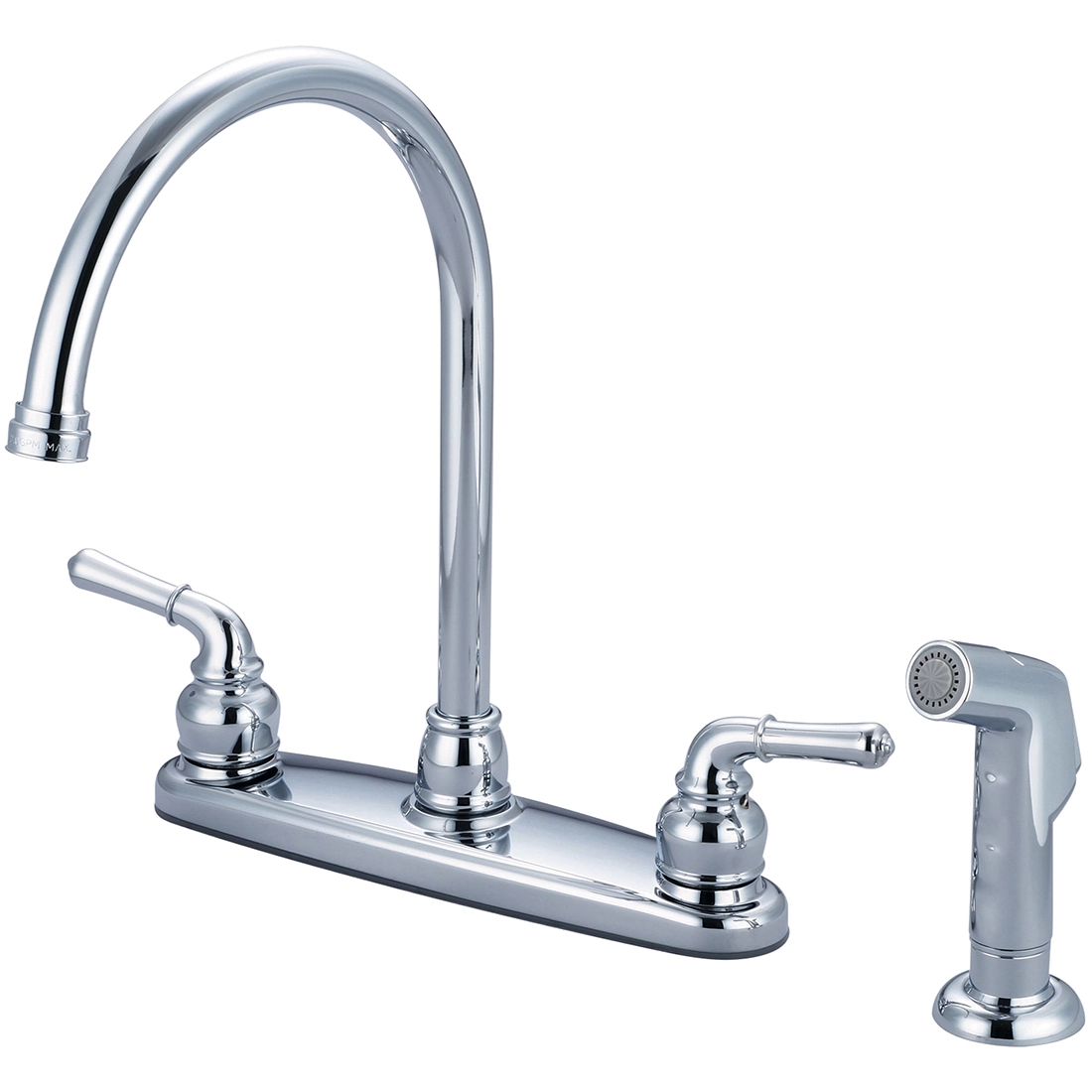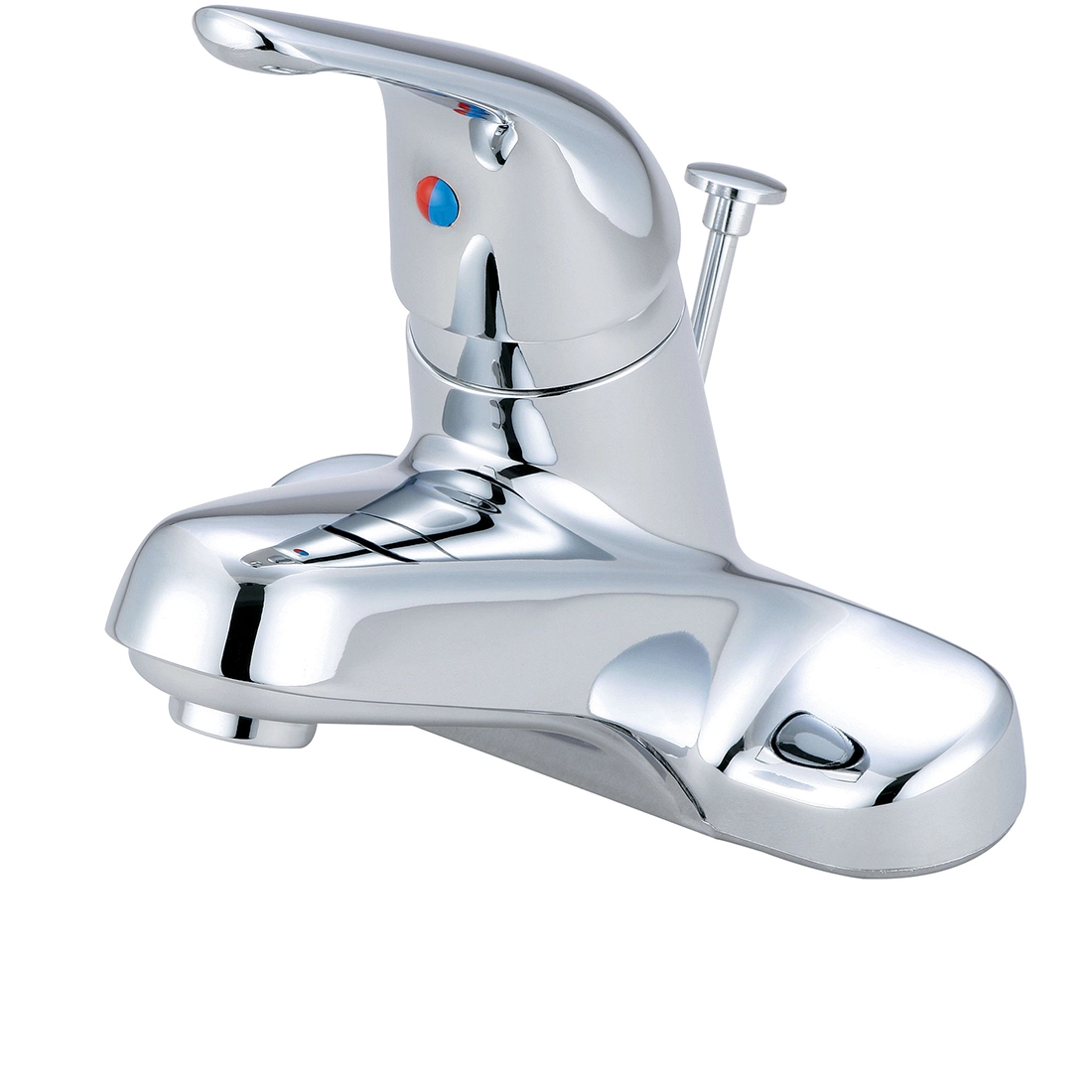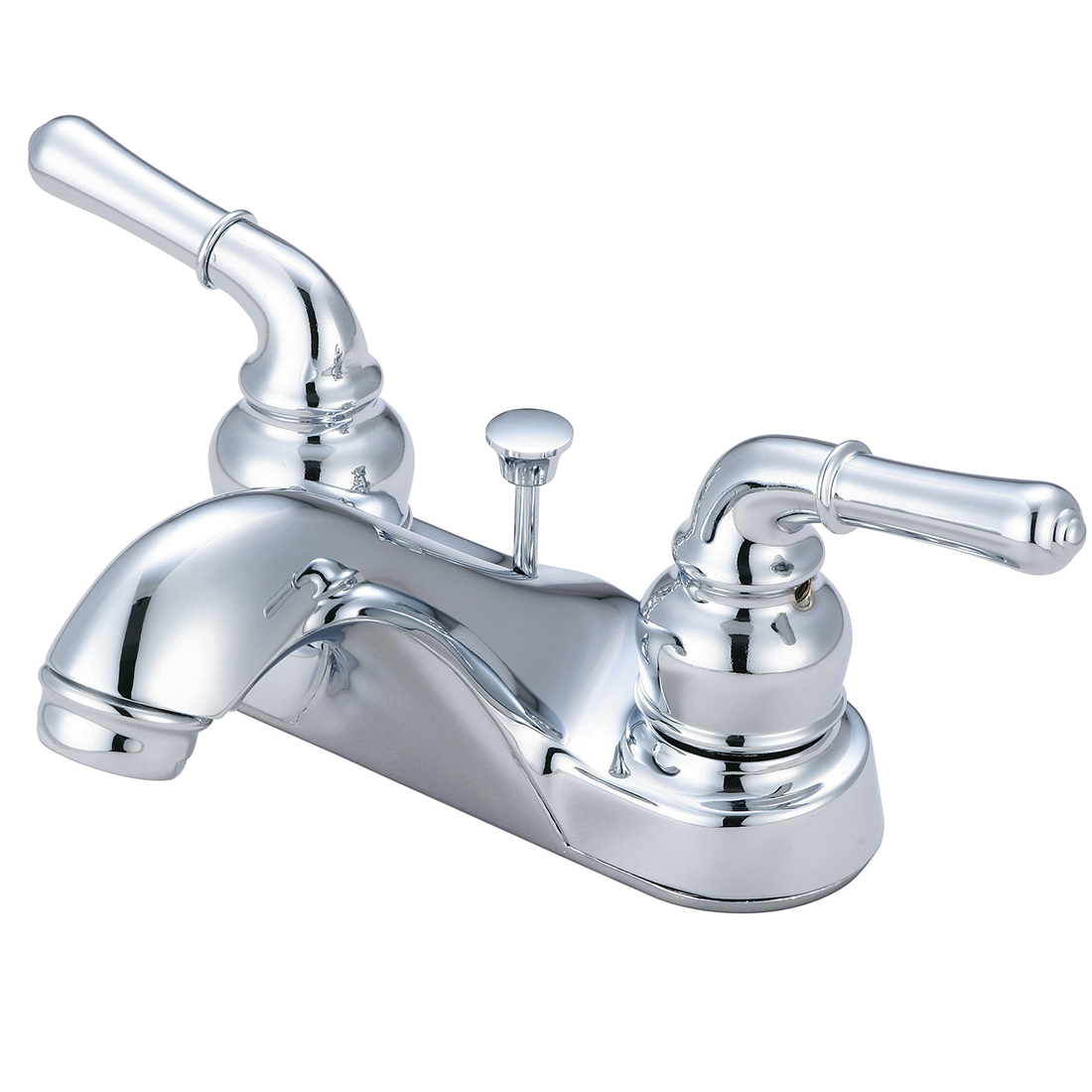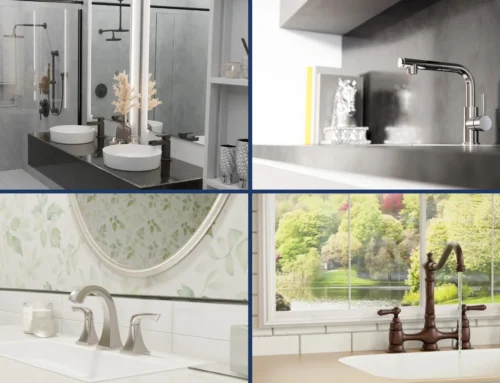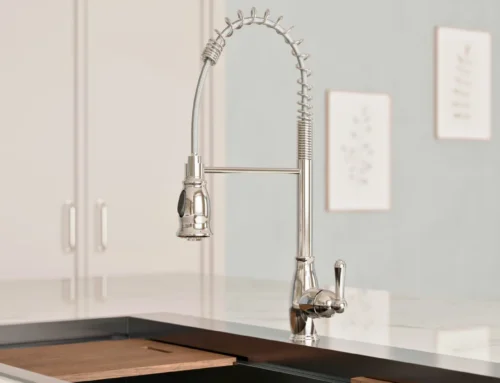
Hard Water? How to Choose the Right Faucet Solution (Part 1 of 2)
What Do We Mean by Hard Water?
Hard water refers to water that contains high levels of dissolved minerals—primarily calcium and magnesium. Though safe for everyday use, it can leave mineral deposits that clog faucet components, reduce water flow, and damage finishes. This common challenge, if left unaddressed, can lead to ongoing maintenance headaches. Selecting the right faucet solutions at the project’s start helps minimize maintenance issues, preserve long-term value, and ensure reliable performance. This article is Part 1 of a two-part series. Here, we’ll explore what hard water is, how to spot signs of it, and how it affects faucets. In Part 2, we’ll take a closer look at faucet features to look for—and how Pioneer Industries offers durable, low-maintenance solutions built for hard water conditions.
How to Spot Signs of Hard Water
Hard water is a common problem, especially in areas high in limestone and chalk such as the American Midwest and Southwest. Common signs of hard water include:
- Chalky white buildup around faucet openings
- Inconsistent or reduced water pressure
- Water spots on metal or glass surfaces
- Valve stiffness or leaking over time
Choosing hard water-ready options like the Olympia Single Handle Lavatory Faucet can help to reduce these symptoms from the start. These indicators are often the first clue that a faucet is being affected by mineral-rich water and may need special consideration.
How Hard Water Affects Faucets
These issues result from mineral buildup in aerators and internal cartridges. These minerals cause corrosion and wear on internal valve components, leading to valves that require repair or replacement sooner than expected. This mineral-rich water also causes visible staining and discoloration on faucet finishes as well as dishes.
These signs suggest the faucet isn’t designed to withstand hard water buildup, but there are faucets meant to be able to stand up to the stress of hard water as well as improve the water quality for the end user. Models like the Olympia Two Handle Kitchen Faucet are designed to handle mineral-rich conditions and help prevent these common issues.
Why Does Understanding Hard Water Effects Matter?
Understanding how to recognize and diagnose hard water problems is the first step toward preventing long-term faucet damage. From surface stains to internal wear, hard water has a measurable impact on fixture performance.
Stay tuned for Part 2, where we’ll explore how to choose the right faucet materials, finishes, and features for hard water environments—and highlight product recommendations from Pioneer Industries designed to handle even the toughest conditions.
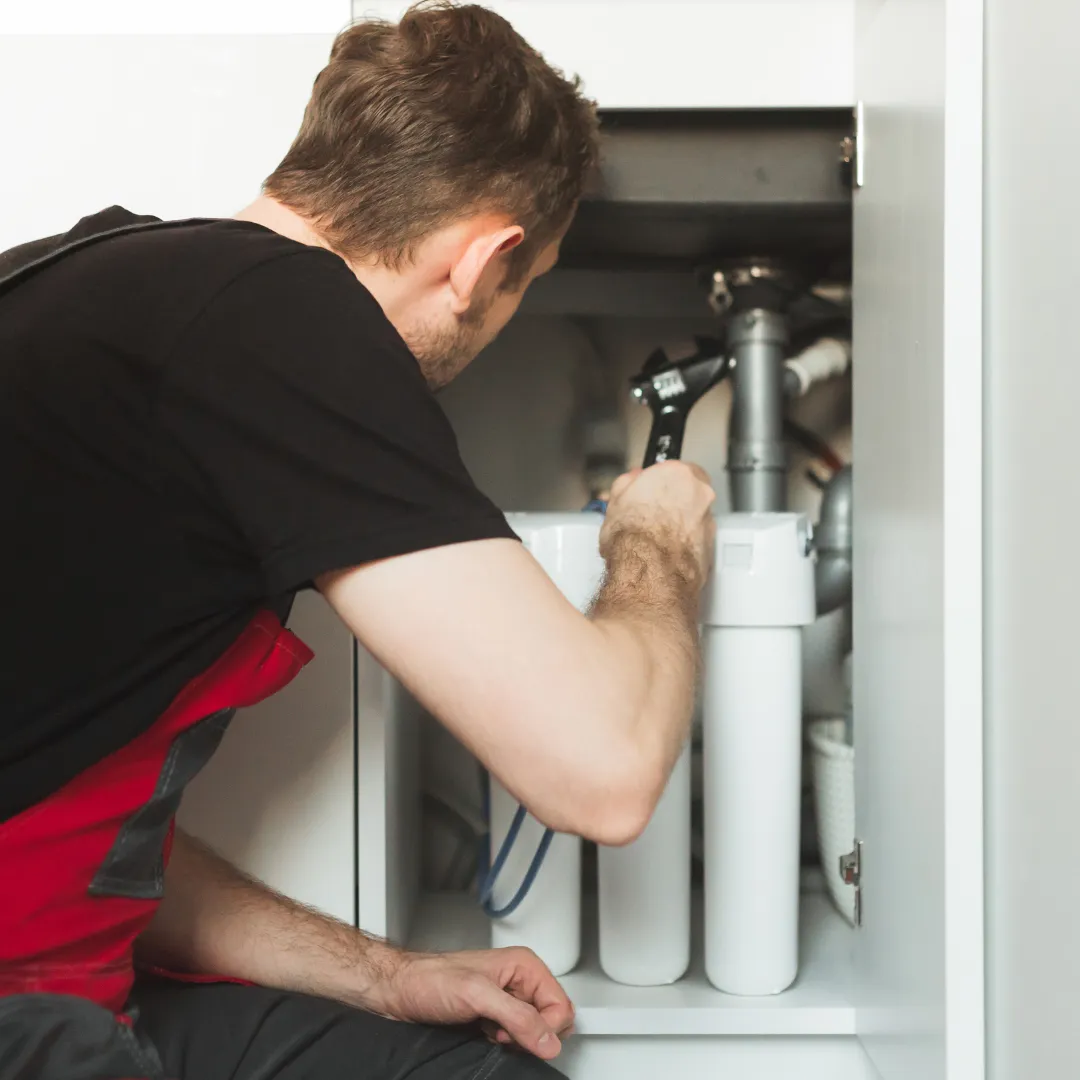
Pioneer, Olympia and Central Brass
With over 100 years of combined experience, Pioneer, Olympia, and Central Brass offer faucet solutions engineered to stand up to hard water. Built with corrosion-resistant materials and spot-resistant finishes, these brands help prevent the common issues covered in Part 1—delivering lasting performance where it’s needed most.
We’ll Save You Money and Time
There are many ways to the same destination. This saying applies to multifamily housing builds just as much as to anything else in life. The ultimate goal is save as much money as possible while delivering a great finished project – that’s simply showing smart business sense. But, finding a one-off deal or sacrificing quality isn’t the only way to get a healthy ROI. We have a better way.
Pioneer works with professionals every day to develop specification packages and plans that save our valued partners both time and money, sometimes in surprising ways. It’s our goal to ensure your project meets or exceeds its expected outcome. We want to get to know you and your company and show you how we can save you money. Please reach out via our website form or call us at (800) 338-9468.
Some of Our Top Hard Water Resistant Faucets:



